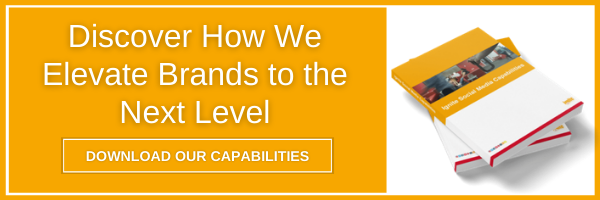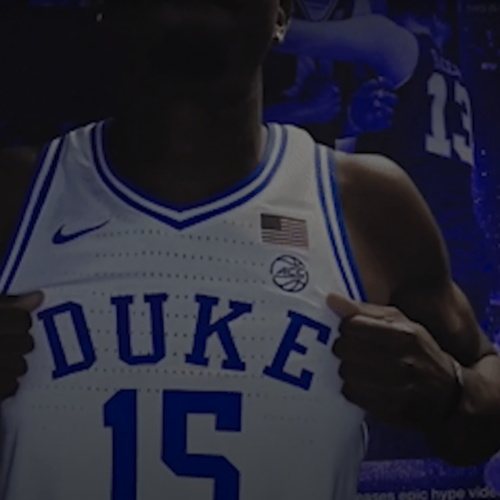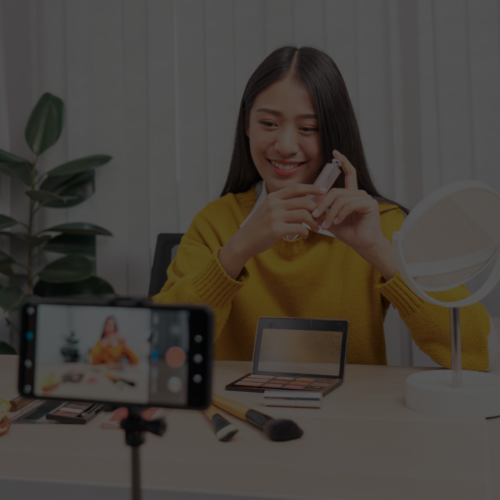
29 Jul What Facebook Needs to Focus on Fixing
It’s July 2020, which means Stop Hate for Profit is underway. If you’re not familiar, Stop Hate for Profit is a recent protest where large advertisers have pulled their budgets from Facebook and Instagram to try and get Facebook to adjust their policies on hate speech on the platform. As laudable as this effort is, I think it slightly misses the mark on what areas of the platform Facebook needs to work towards fixing. Here’s why.
Facebook Removes 90% of Hate Speech Automatically
Currently, 90% of hate speech is automatically removed from Facebook without any human reporting it, up from 23% a couple of years ago. Over the years, Facebook has built new mechanisms and new technical coding to do this automatically. I’m not sure we’ll ever get to 100% and I’m not sure where the line is for what’s hate speech is to you verse what’s hate speech to me verse what’s hate speech to the next person. This issue is a bit gray and I’m not sure we want Mark Zuckerberg to be the arbiter of that for us.
While we want to get rid of hate speech, of course, the larger issue in my opinion is the Facebook algorithm and its impact on society.
Facebook ran an audit to gauge how they’re managing civil rights. “The auditors believe that Facebook should do everything in its power to prevent the tools and algorithms from driving people towards self-reinforcing echo chambers of extremism.” This is not only a problem but likely the bigger problem our society should be focusing on.

The Facebook Algorithm Focuses Too Much on Affinity
The basics of the Facebook algorithm (what used to be called EdgeRank) ever since it was created has three core criteria. One was affinity, meaning the more you like something, the more you see of it. While it’s gotten more complicated over the years, affinity is still the center of it. Whatever you see, whatever you like, you see more of.
Let’s use a political example to show why this is a problem. Conservatives see conservative stuff, liberals see liberal stuff, libertarians see libertarian stuff, and so on. What’s the result? Well, this is one of the reasons our partisan gap has grown so much. 91% of Republicans interviewed and surveyed recently approve of President Trump’s job performance while only 2% of Democrats do. That is an 89% gap among 100% of people. It’s the biggest it’s ever been.
In June, 61% of Republicans felt the worst of the coronavirus was behind us but only 23% of Democrats did. There are rational humans on all sides of the political spectrum, and they respond to information, they respond to stimuli, but we’re all getting completely different information. Clearly, this isn’t only a Facebook problem, right? Think about Fox News verse CNN and what they choose to show on a given day and how they talk about it. It’s different.
But Facebook is a major source of news. And I think a fair amount of people assume that what they see on Facebook is similar to what everyone else is seeing on Facebook. If I watch CNN, I know I’m seeing what you’re seeing if you’re on CNN at the same time. If I watch Fox News, I know I’m seeing what you’re seeing if you’re watching Fox News. But on Facebook, we’re all seeing completely different things.
This should be easier to modulate than hate speech because you can adjust the algorithm, learn from that, adjust it again, and keep learning. But nothing will happen until Facebook and Mark Zuckerberg decide to make it happen.
Why Zuckerberg Has Resisted Change
Mark Zuckerberg believes that more conversation is better for society than less. This is not a new philosophy nor something that Mark made up. It’s actually a very old philosophy known as the Marketplace of Ideas. It’s the fundamental underpinning of free speech, right? In the Marketplace of Ideas, free speech wins because people will identify the best ideas and they will win long-term. This is true in my opinion but there’s a failing again in the algorithm because more conversation is not better for society if different parts of society are only seeing sections of the marketplace. So if you picture it as an actual marketplace, some of us are only shopping in the conservative section, some are only shopping in the libertarian section, some are only shopping in the liberal section, and so on and so forth.
So Mark, your best chance to achieve your dream starts with fixing the algorithm. Pinterest has already started down this path. They announced an algorithm change just in the last month that is based on more than just engagement but also, “to make sure that those pins will help maintain the health of the overall Pinterest ecosystem.”
Mark, if you change the algorithm so that we see more things that don’t necessarily align with our pre-existing biases, we will improve the health of not just the Facebook ecosystem but the world ecosystem and the United States ecosystem. This is a big issue. This is something that needs to be fixed.
It’s your move, Mark. It’s your move, Facebook. We’re anxious to see what steps you plan to take after today’s House hearing.







